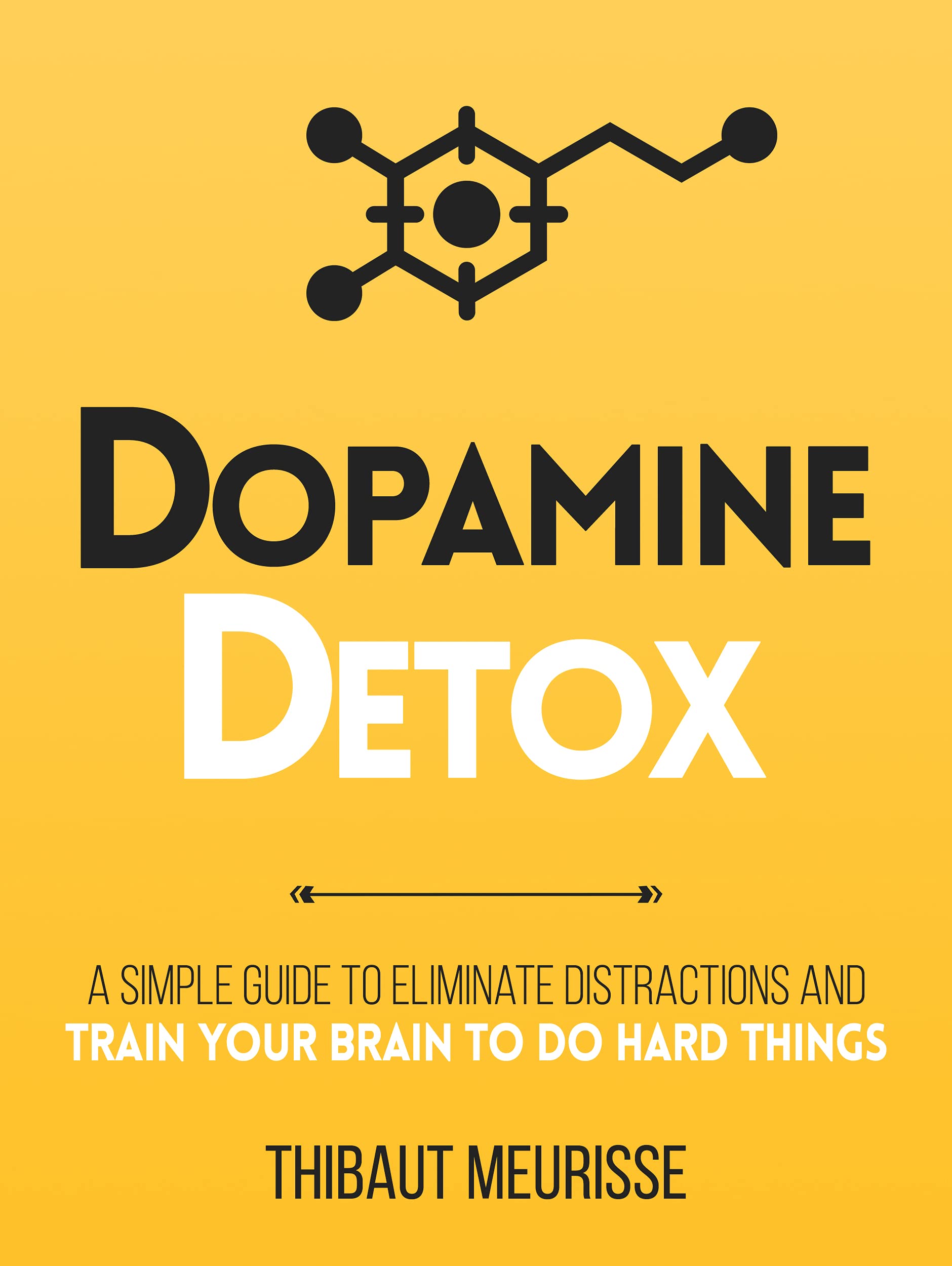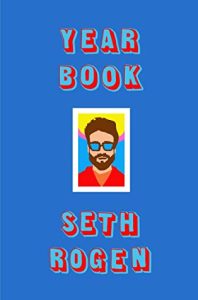
In Dopamine Detox: A Short Guide to Remove Distractions and Train Your Brain to Do Hard Things, Thibaut Meurisse promises readers a straightforward solution to one of today’s most common struggles: overstimulation. With more than 23,000 ratings on Goodreads, this short self-help book aims to teach readers how to reclaim focus, cut out distractions, and retrain the mind to do hard work with ease. On paper, it sounds like the perfect antidote to our scrolling, streaming, multitasking lives. In practice, it leaves a lot to be desired.
The central premise of the book is that our brains have been “hijacked” by dopamine. Every ping, like, and notification keeps us in a state of constant stimulation. To fix this, Meurisse suggests performing a dopamine detox a short-term break from all sources of artificial pleasure like social media, video games, junk food, or mindless entertainment. Within forty-eight hours, he claims, readers can reset their brains and regain their ability to focus deeply.
On the surface, the concept sounds logical. There is scientific truth to the idea that overstimulation can dull motivation and that reducing distractions helps productivity. Unfortunately, Dopamine Detox oversimplifies this reality to an almost insulting degree. The book reads like an extended motivational blog post padded into a short e-book. While Meurisse writes in a clear, accessible way, his advice often lacks nuance, compassion, and real-world applicability.
According to the author, readers should “avoid all distractions,” “stop checking emails,” “cut communication with friends,” and “focus only on work.” This rigid approach might appeal to someone with a perfectly stable life and plenty of time to reflect, but it ignores the messy complexities of real human existence. As one reviewer aptly pointed out, the book seems written for people with privilege, free time, and financial comfort, not for those juggling bills, caregiving, or mental health struggles.
The tone also feels strangely authoritarian, insisting that readers’ brains are “being hijacked” and that pleasure itself is a form of weakness. The irony is hard to miss: excitement and reward are only “bad” when they come from leisure, but when tied to productivity or career success, they suddenly become “good.” This contradiction runs throughout the book, making its moral stance confusing at best and hypocritical at worst.
Worse yet, the book repeatedly promotes an almost joyless worldview, implying that enjoyment, relaxation, or hobbies are distractions to be eliminated. For anyone seeking genuine balance between focus and leisure, this approach feels emotionally unhealthy. True growth is not about suppressing all sources of pleasure, but learning how to engage with them mindfully.
There is also the matter of the workbook that Meurisse heavily references throughout the text. To access it, readers are instructed to visit the author’s website and sign up with their email address. For a book that claims to help people disconnect from the digital world, asking readers to join a mailing list feels more than a little ironic and a bit opportunistic.
Dopamine Detox may work for readers who are entirely new to self-discipline or productivity strategies and want an extremely simplified framework to start with. However, for most readers, the advice will feel shallow, repetitive, and lacking in empathy. Real focus and motivation come not from cutting joy out of life, but from creating a sustainable balance between effort and enjoyment.
If you are hoping for a well-rounded, psychologically grounded approach to managing distractions, this book might frustrate you. If you simply want a quick motivational reminder to step away from your phone for a few hours, it might deliver that much.


